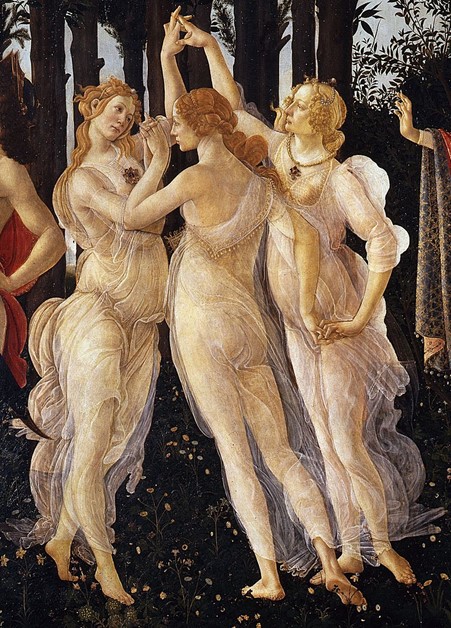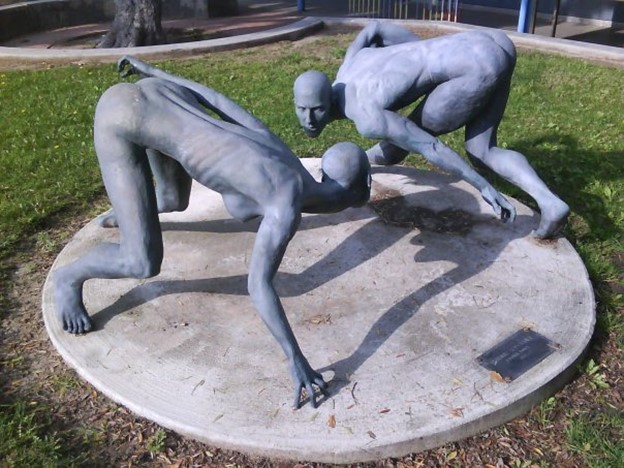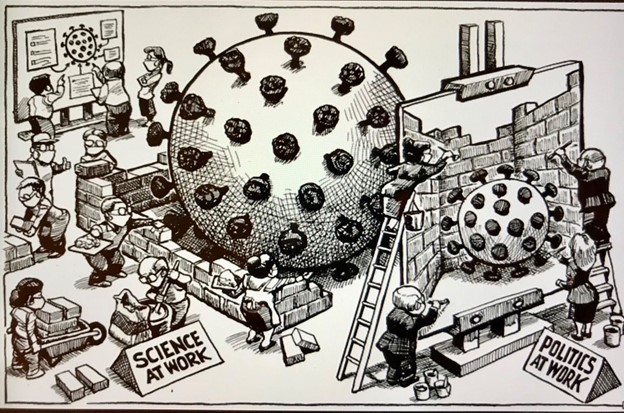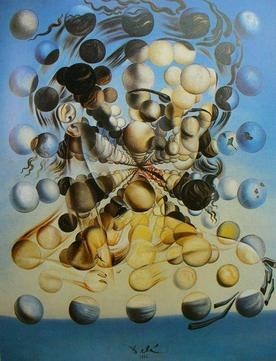Is it less altruistic to support charities that we relate to?
“Is it less altruistic to support charities that we sympathise with/relate to, as opposed to supporting all charities within our means?” Thank you, Arjun Sambhi, for another head-scratcher! Altruism speaks to our motives, rather than specifically the things we do. We act from altruism when two things happen at once: firstly, when we are motivated […]
Is it less altruistic to support charities that we relate to? Read More









